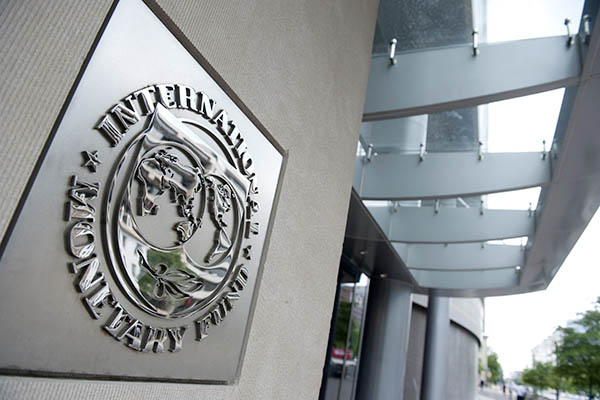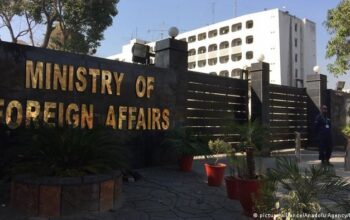By Staff Reporter
KARACHI: The International Monetary Fund (IMF) said two tranches under bailout facility, totalling $1.7 billion, are expected to release to Pakistan within six weeks on approval from its board.
“The board meeting can follow any time between three, six weeks, within that period could be slightly earlier, could be slightly later, could fall within that, but that’s roughly the ballpark between the staff level agreement and then the final agreement, which comes from our board,” IMF’s Communication Director Gerry Rice, answering a question about the timeframe for releasing the tranche, told a news briefing in Washington.
Rice said the staff level agreement with Pakistan would lead to a “straight away” disbursement of both the tranches to the country.
“It’s an agreement on a combined seventh and eighth review of the programme… that will translate into about $1.17 million being disbursed to Pakistan. Pretty much, straight away.”
He said this brought the total disbursements from the IMF to Pakistan under the ongoing program to about $4.2 billion
“And we’re hoping this will help to stabilise the economy and amongst other things help expand the social safety net to protect the most vulnerable; accelerate structural reforms; and help stabilise the macroeconomic situation in Pakistan,” Rice added.
The IMF and Pakistan reached a staff-level agreement on the seventh and eight reviews of the Fund’s $6 billion bailout programme last Wednesday.
The Washington-based lender said it is also considering adding additional funds to the programme.
“… in order to support program implementation and meet the higher financing needs in FY23, as well as catalyze additional financing, the IMF Board will consider an extension of the EFF (Extended Fund Facility) until end-June 2023 and an augmentation of access by SDR720 million ($1 billion) that will bring the total access under the EFF to about $7 billion.”
Like most emerging economies, Pakistan was badly hit by soaring global oil and food prices over the past year, but the new government’s economic troubles were exacerbated by the failure of the previous administration of cricketer-turned-politician Imran Khan to cut fuel subsidies. Khan, just before voted out in a no confidence motion in the parliament, massively subsidized fuel prices and electricity rates.
Aside from the unsustainable external deficit, Pakistan is also faced with inflation close to 22 percent, depleting foreign currency reserves, a rapidly falling economic growth rate, and excessive government borrowing to finance a budget deficit.
Pakistan entered the IMF programme in 2019, but only half the funds have been disbursed to date as Islamabad has struggled to keep targets on track.
The agreement is a step towards inflows of much-needed dollars into the cash-strapped country. Analysts say other multilateral lenders and friendly governments will be more willing to help if they see the IMF bringing some discipline to Pakistan’s efforts to put its economy in order.
Copyright © 2021 Independent Pakistan | All rights reserved




